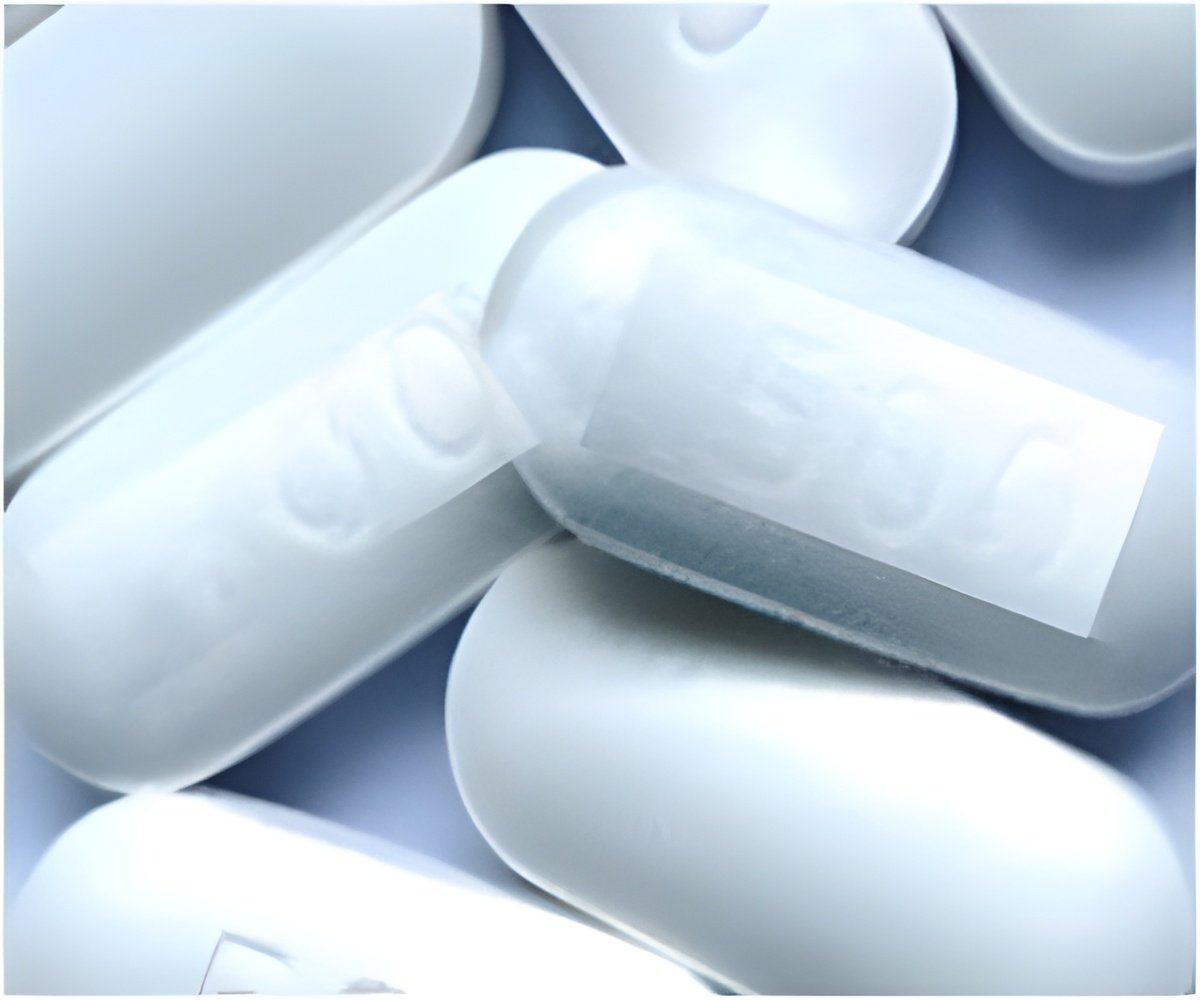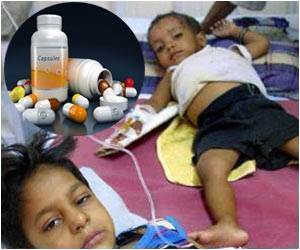Provocation or challenge tests are performed with the suspected allergen which involves gradual introduction of the allergen to the patient.

‘Provocation or challenge tests are performed in a hospital or clinic to tackle any serious reaction by introducing the allergy causing agent (for example pollen, food or drug) to the patient.’





"Our study suggests that skin tests are essentially useless as diagnostic tests, and that we should go directly to the graded provocation test that is highly sensitive and specific," says study's lead author Dr. Moshe Ben-Shoshan, who is an allergist at the Montreal Children's Hospital at the MUHC (MCH-MUHC) and an assistant professor of Pediatrics at McGill University."This is a game changer in the way physicians assess amoxicillin allergy in children given the fact that skin tests are still the recommended screening method in hospitals. "Provocation or challenge (PC) tests are performed with the suspected allergen (for example pollen, food or drug) which involves gradual introduction of the allergen to the patient. Challenge tests are performed in a hospital or clinic, where any serious reactions can be safely managed.
Up to 10 percent of children develop rashes while on antibiotics. "The majority are diagnosed without further evaluation as allergic to the implicated antibiotic," explains Dr. Ben-Shoshan who is also a researcher from the Infectious Diseases and Immunity in Global Health Program of the RI-MUHC. "Most of the patients continue to avoid the suspect antibiotic in favor of alternatives which may be less effective, more toxic, and more expensive."
The researchers conducted the largest study of its kind to assess the use of a graded PC in children who presented with a rash due to suspected amoxicillin allergy. They assessed 818 children who presented to the MCH-MUHC Allergy clinic from March 2012 to April 2015. Unlike previous studies all children had to undergo a graded PC. Researchers observed that 94.1 percent were tolerant to the graded PC for amoxicillin.
From all the study's participants, only 17 had an immediate positive reaction to amoxicillin, and only one within this group had a positive skin test. Indeed for many antibiotics (including amoxicillin), skin tests can have a high false-negative rate. Thirty one had non-immediate reactions developing more than one hour after challenge.
Advertisement
"Further, we showed that in children with a negative PC, amoxicillin can be safely used in the future, although under 10 percent may develop mild cutaneous symptoms upon subsequent exposure."
Advertisement
Source-Eurekalert











